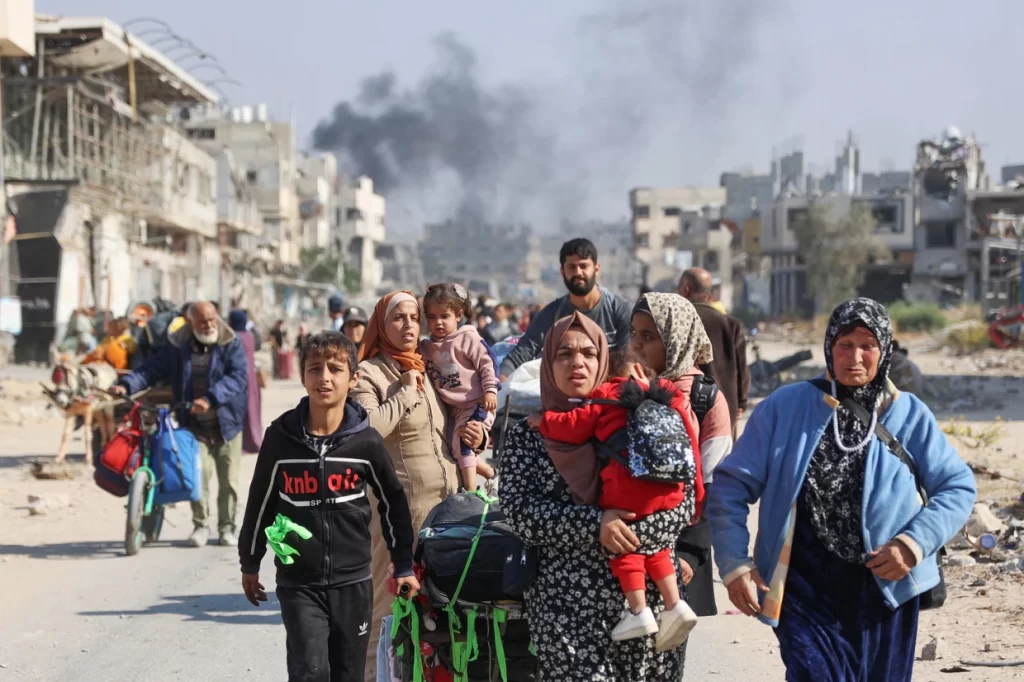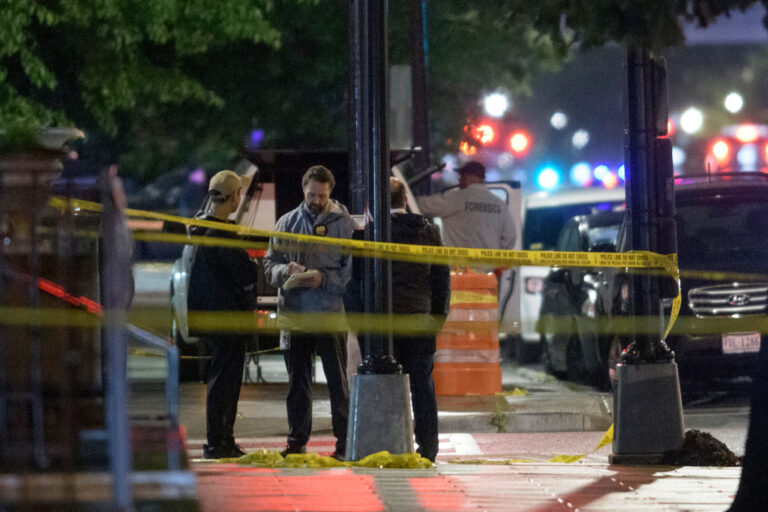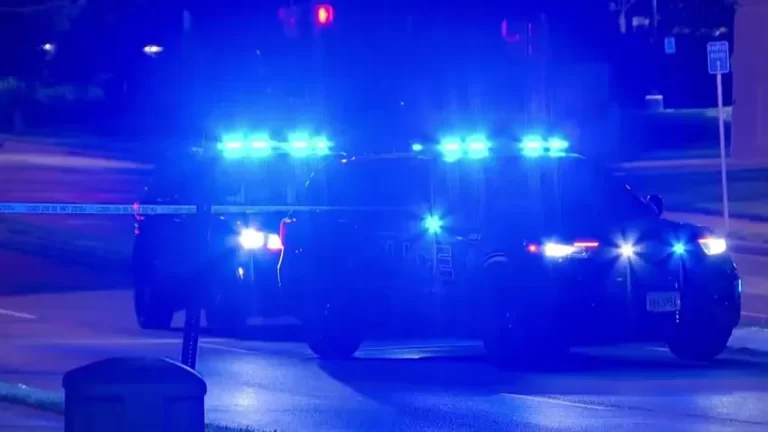
A new report has accused Israel of committing “war crimes” through forced displacements in Gaza, suggesting that the scale and impact of these actions amount to what some international observers are calling “ethnic cleansing.” The report, released by a coalition of human rights organizations, documents the widespread destruction and forced displacement of Palestinian civilians in Gaza, framing these actions as part of a larger pattern aimed at reshaping the region’s demographics.
According to the report, Israeli military operations in Gaza have not only targeted infrastructure but have also led to the mass displacement of residents, with tens of thousands of Palestinians forced from their homes. Satellite images and witness accounts detail extensive damage to residential areas, hospitals, and schools, indicating that civilian spaces are routinely caught in the crossfire, forcing families to seek safety outside of their neighborhoods. Analysts argue that this displacement is often permanent, with little opportunity for families to return, leading to growing concerns about the long-term consequences for the Palestinian population in Gaza.
The report further claims that the scale of the destruction and displacement has disrupted nearly every aspect of life in Gaza. Human rights advocates contend that the forced displacement violates international law, as it appears aimed at permanently altering the demographics of the region. Citing the Fourth Geneva Convention, which prohibits the forced displacement of civilians under occupation, these advocates argue that such actions meet the legal threshold for ethnic cleansing—a term that carries significant political and moral weight.
The report has sparked widespread reactions from the international community, with calls for an immediate investigation into alleged human rights abuses in Gaza. Many global leaders and human rights advocates argue that if these displacements are indeed found to be part of a systematic campaign to alter the population’s makeup, it would represent a grave breach of international law. In response, several nations are urging the United Nations to take a firmer stance on the situation in Gaza, calling for accountability and a commitment to protecting Palestinian civilians.
Israeli officials have dismissed these allegations, asserting that their military actions in Gaza are necessary to counter security threats. However, Palestinian leaders and human rights groups continue to demand an end to what they describe as “unrelenting violence and dispossession.” They argue that without international intervention, the human cost will only increase, and the region’s demographic landscape may be irreversibly altered.
The report brings renewed attention to the Gaza conflict, highlighting the ongoing toll on Palestinian civilians and sparking global debates on human rights, sovereignty, and the role of the international community in conflict resolution. As calls for accountability grow louder, the eyes of the world remain on Gaza, with many hoping that increased awareness will lead to concrete actions to protect those most affected by the violence.






